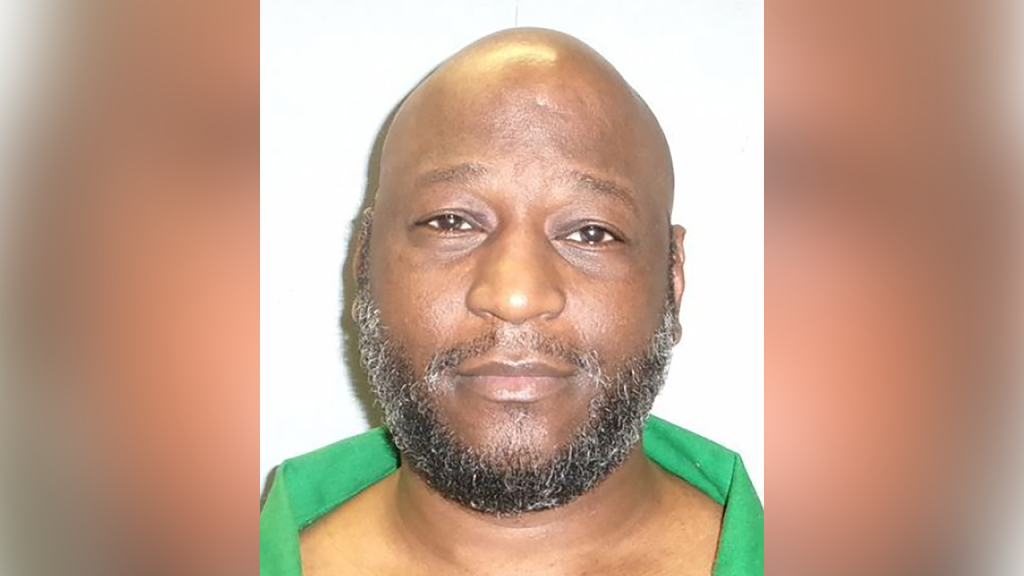A South Carolina inmate, Freddie Owens, was forced to choose his execution method, but left the decision to his lawyer, Attorney Emily Paavola, who reluctantly selected lethal injection over the electric chair or firing squad. Owens, a Muslim, did not want to take an active role in his own death, considering suicide a sin. His execution is scheduled for Sept. 20 for the 1997 killing of store clerk Irene Graves in Greenville. Paavola expressed uncertainty over the lethal injection drug’s potency, hoping it would ensure a painless death for Owens. If she had not chosen, state law mandated death by the electric chair, an option Owens refused.
South Carolina has faced complications in recent years obtaining lethal injection drugs, leading to a halt in executions since 2011. Legislation passed last year allowed for the shield of lethal injection drug suppliers’ identities, and the electric chair and firing squad as execution methods. The state will now use the sedative pentobarbital in lethal injections, a single drug protocol like the federal government. Owens is one of six inmates seeking to avoid execution, and his attorneys have filed various legal motions. He sought a delay for his execution, questioning his co-defendant’s false testimony about a plea deal and the lack of scientific evidence linking him to the crime.
Owens’ co-defendant, Steven Golden, claimed Owens shot Graves in a robbery. However, there was no clear video evidence of the incident, nor was the murder weapon found. Golden received a reduced sentence of 28 years after pleading guilty to voluntary manslaughter. Owens’ lawyers have raised concerns about his age at the time of the crime, 19, and his brain’s development. They argued that a jury did not assess if Owens acted alone or if his sentence was unfairly harsh compared to other murder convictions. They also contested the lack of information provided by the state about the lethal injection drug.
The South Carolina Supreme Court upheld the state’s decision to move forward with Owens’ execution, stating prison officials had provided sufficient information about the drug’s quality and potency. Owens’ only hope of avoiding execution now lies in the governor granting clemency and reducing his death sentence to life imprisonment. Governor Henry McMaster has indicated he will stick to tradition and make the decision right before the execution. Since the reinstatement of the death penalty in the U.S. in 1976, no governor in South Carolina has commuted a death sentence, making it unlikely for Owens to receive clemency. Owens’ case highlights the complexities and controversies surrounding the death penalty and the various legal challenges in executions.


